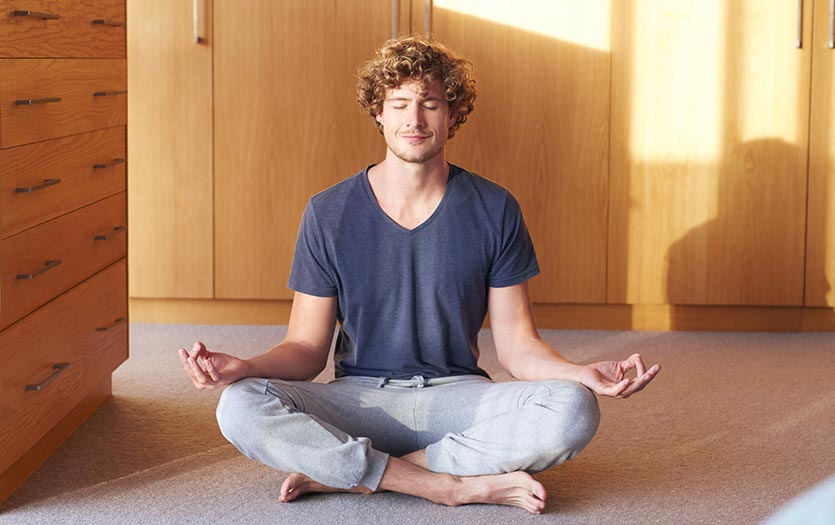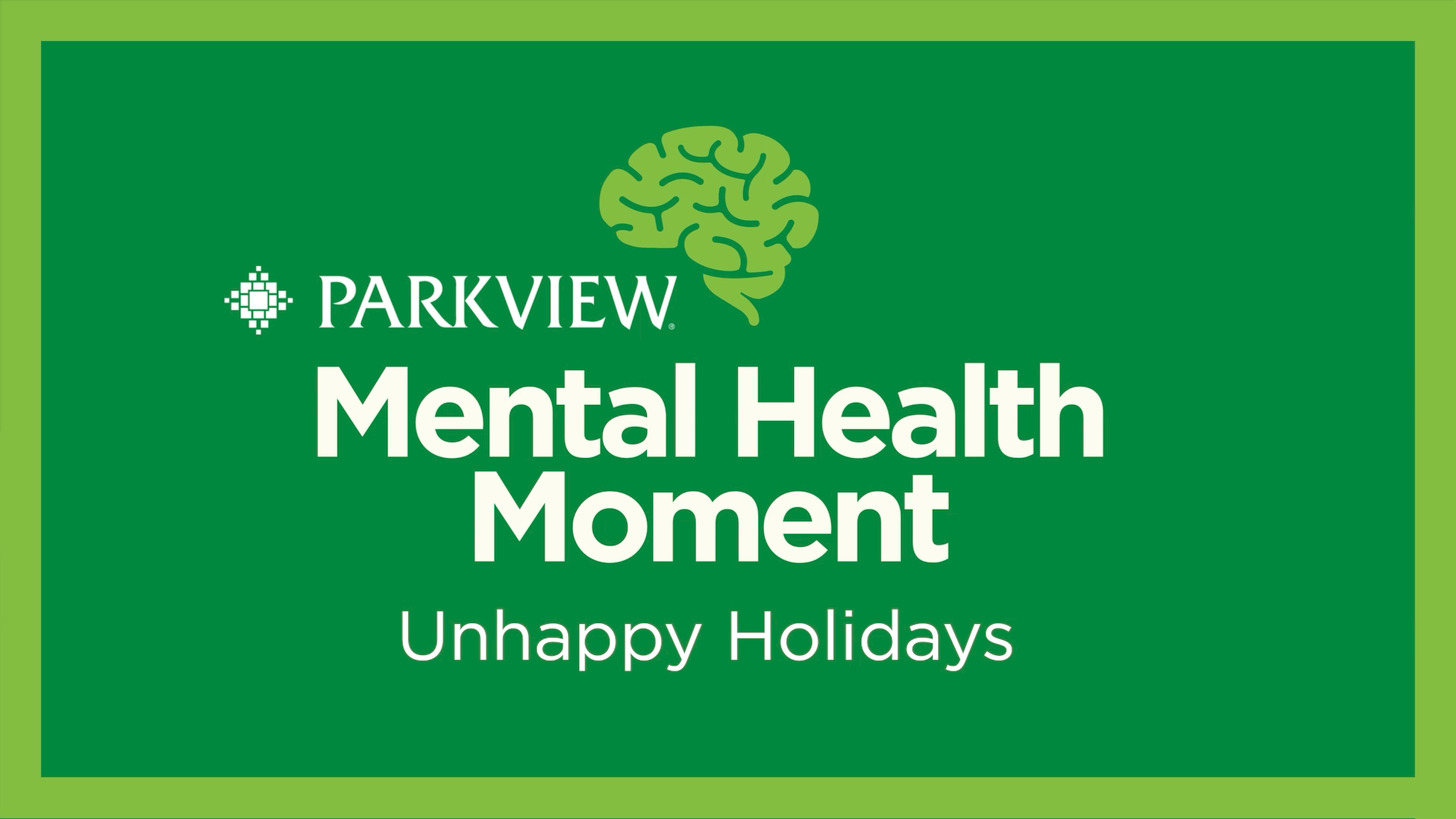
This post was written by Marjorie Burns, MSSW, LCSW, supervisor, Dialectical Behavioral Therapist Program, Parkview Behavioral Health Institute.
I have been in the mental health field for more than 30 years and focusing on yoga and mindfulness for the last 12 years. Here, I’ll share some insights into these practices and the benefits that can be enjoyed by adding them into your daily life.
The benefits of practicing yoga
Yoga is an ancient practice that is used for physical, mental and spiritual well-being purposes. Through a combination of physical postures, breathing techniques and meditation, yoga focuses on bringing harmony between your mind and body. Many people, including myself, experience a number of health benefits from regularly practicing yoga including:
- Increased flexibility, muscle strength and tone
- Improved energy and vitality
- Less tension and stress
- Improved mental health and brain functioning
- Reduced inflammation
- Reduced anxiety
- Improved cardiovascular health
- Better posture and body awareness
The benefits of practicing mindfulness
Mindfulness is the practice of being present and engaged in your thoughts, feelings and body. This involves focusing your mind on what’s happening in the present moment without rushing, evaluating or judging. One of the ways people practice mindfulness is through meditation. Studies show that mindfulness can have a positive impact on your health including:
- Reduced depression
- Reduced anxiety and stress
- Lowered blood pressure
- Improved sleep
- Reduced chronic pain
- Increased emotional regulation
How to get started with yoga and mindfulness
Within my life, I have learned the need to become in tune with myself, including looking at the external and internal stressors that are affecting my physical and mental health. With the world around us presenting constant challenges, it’s more important than ever to start a healthy life initiative Although there are multiple ways to do this, for me, mindfulness and yoga help me meet this balancing act of internal and external care. Here’s some ways you can get started on incorporating it into your life too.
- Become aware of yourself. To make a change in your life, it’s important to be open to the idea of helping yourself grow. You can start by becoming aware of your beliefs, feelings, body sensations and thoughts. By listening to your body and considering the things that you need, you’ll be more in tune with your mind, body and soul. Research shows that by doing mindfulness and/or yoga, you can reach a whole new level of self-awareness while also decreasing mental health and physical symptoms.
- Find the type that’s right for you. There are multiple types of mindfulness and yoga, so it’s important to find one that works for you. Your body type, activity level, health issues and available time should help you decide which type of practice is best. For example, for me, mindfulness exercises such as breathing and grounding are most helpful, as well as short spurts of chair yoga with music or anything involving nature. Take the time to look up the different types of mindfulness and yoga that will work with your lifestyle.
- Make a conscious effort. Mindfulness is a daily practice that can come consciously or unconsciously during our daily activities. For many, a conscious mindfulness practice involves making a choice to focus on an activity or place, or putting yourself in a pose where you are only aware of the moment. For example, you may want to sit in a quiet space, focus on breathing slowly and deeply or do light stretching. Whatever you do, ensure you make it a routine so you can reap the benefits of letting all other thoughts, judgements and worries float past.
Although I am by far no expert on yoga or mindfulness, I have seen the benefits these practices can provide in one’s mental and physical health. If you’re interested in learning more, I encourage you to contact Parkview’s health and dietitian departments and the Community Greenhouse for more information.
Additional resources
Looking for some more insight into these practices? Here are a few of my favorite experts if you’re interested in doing additional research:
Jon Kabat-Zinn, founder of Mindfulness-Based Stress Reduction. He is internationally known for his work as a scientist, writer and meditation teacher. He defines mindfulness as “Awareness that arises through paying attention, on purpose, in the present moment, and being non-judgmental of oneself.”
Marsha Linehan, who has multiple studies on the use of mindfulness and its correlation of lowering our emotional reaction in stressful events. She also has significant studies that show mindfulness can positively affect our health by changing our brain chemistry.
Dr. Michael DeManicor, PhD, founder of Yoga Institute in Sydney, Australia. He blends information regarding the practice of yoga, mindfulness and its effectiveness on depression and anxiety. A good podcast you can listen to is called “Yoga and Mental Health” at podcast.flowartists.com.



